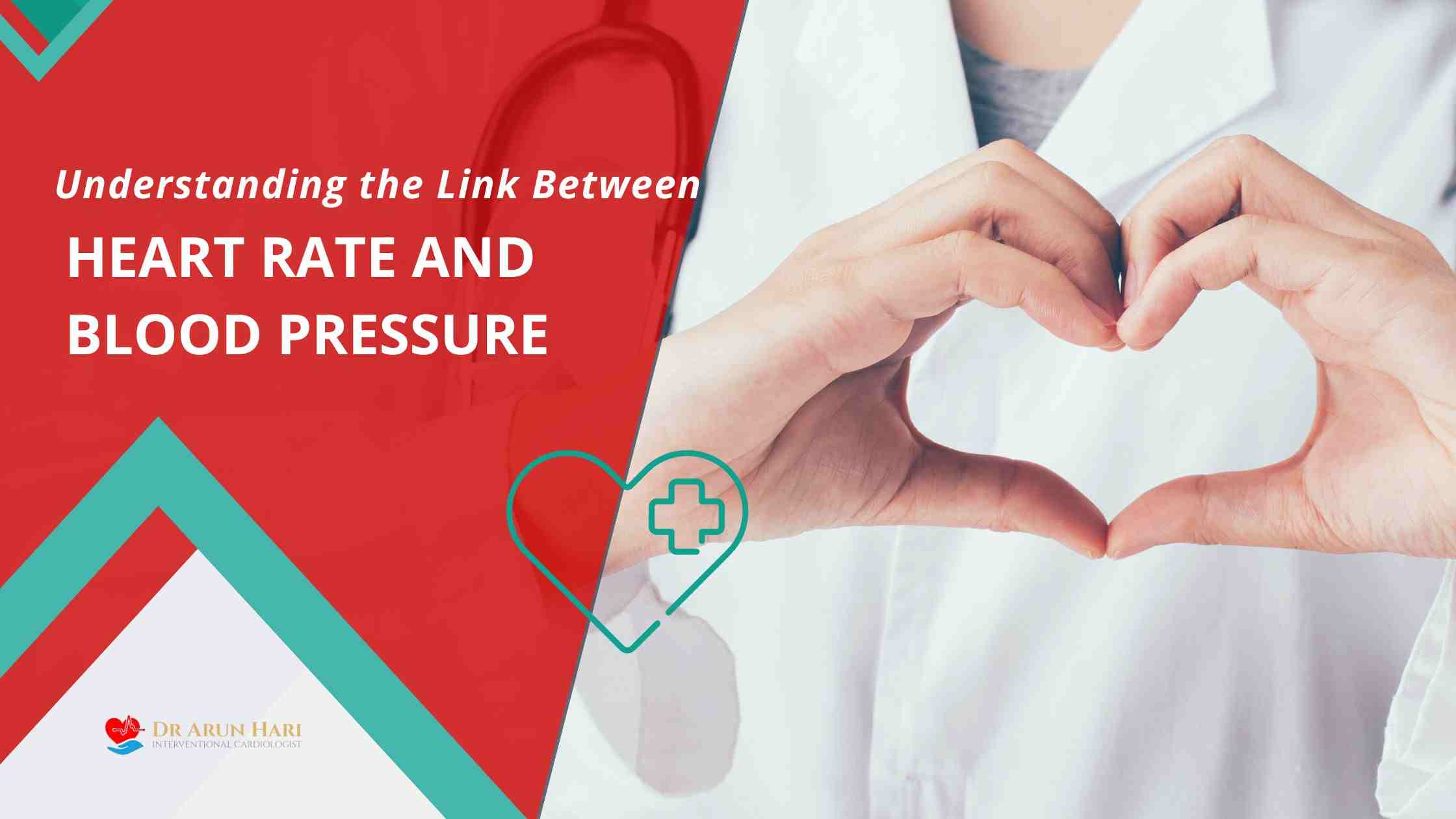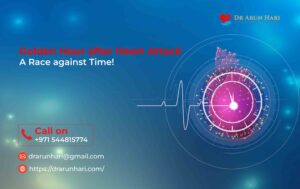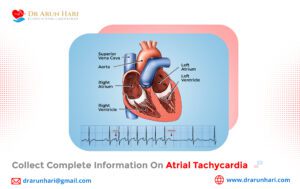The Vital Signs That Matter: Heart Rate And Blood Pressure
Your heart rate measures how many times your heart beats per minute (bpm), while blood pressure reflects the force of blood against the walls of your arteries. Together, they provide a snapshot of your cardiovascular function. While both can fluctuate independently, they often interact in subtle and sometimes significant ways. This is where the true value of understanding blood pressure or heart rate lies.Unpacking The Dynamics: Heart Rate Vs Bp
It’s tempting to think of heart rate vs bp as a battle of sorts—two forces pulling in opposite directions. But in reality, they often work in tandem. An increase in heart rate does not always mean an increase in blood pressure. This is because the body has compensatory mechanisms, like vasodilation, that can accommodate increased heart rate without causing a spike in pressure. However, under conditions of stress, anxiety, or certain medical conditions, both may rise together. Dr Arun Hari helps patients distinguish between temporary spikes caused by physical exertion or emotional distress and chronic elevation that demands medical intervention. Recognizing this difference is crucial for long-term cardiovascular health.Comparing Measures: Bp Vs Pulse
Another common comparison is bp vs pulse. While pulse is often used interchangeably with heart rate, it also offers insight into rhythm and strength of each heartbeat. Blood pressure and pulse can both be affected by factors like hydration, body position, medications, and underlying health conditions. A weak or irregular pulse with high blood pressure, for example, can indicate a more serious cardiovascular issue that needs immediate attention.Scientific Insight Into The Relation Of Heart Rate And Blood Pressure
The relation of heart rate and blood pressure is influenced by both neural and hormonal controls. For instance, the autonomic nervous system modulates both parameters in response to stimuli. During exercise, the sympathetic nervous system increases heart rate and constricts blood vessels to maintain adequate blood pressure. This is why trained athletes can have low resting heart rates and still maintain optimal blood pressure. In his clinical practice, Dr Arun Hari often educates patients on how to harness this relationship through lifestyle adjustments. Activities such as aerobic exercise, yoga, and mindfulness meditation can improve heart rate variability and promote healthier blood pressure levels over time.Understanding Blood Pressure Vs Pulse In Pathological Conditions
In clinical settings, discrepancies in blood pressure vs pulse readings can signal a red flag. For example, a very high pulse with low blood pressure may suggest sepsis or internal bleeding, while a high blood pressure with a slow pulse may be indicative of intracranial pressure issues. Dr Arun Hari’s expertise in interpreting such data ensures patients receive timely diagnosis and tailored treatment plans.Decoding Heartbeat And Blood Pressure: A Real-Time Feedback Loop
There is a real-time feedback loop between heartbeat and blood pressure. When the heart beats faster, it pumps more blood, potentially increasing pressure. Conversely, if arteries are stiff or clogged, the heart must work harder, increasing both rate and pressure. Dr Arun Hari uses advanced diagnostic tools like echocardiograms and ambulatory monitoring to assess how these dynamics play out uniquely in each patient.The Intricate Blood Pressure Heart Rate Relationship
The blood pressure heart rate relationship is complex and not always linear. For example, beta-blockers, a common class of medications prescribed for hypertension, work by lowering the heart rate and reducing the force of contractions, thereby lowering blood pressure. But not all patients respond the same way, which is why individualized care under a seasoned cardiologist like Dr Arun Hari becomes invaluable.Who Should Be Concerned About Their Heart Rate And Blood Pressure?
If you’re experiencing symptoms such as frequent headaches, dizziness, palpitations, or unexplained fatigue, it’s time to evaluate your cardiovascular health. Even asymptomatic individuals with a family history of hypertension or heart disease are advised to undergo periodic assessments. Dr Arun Hari provides comprehensive evaluations that go beyond basic readings to understand the root cause of any imbalance.Take Charge Of Your Cardiovascular Health With Dr Arun Hari
It’s easy to ignore occasional high readings or assume that youthful age offers immunity. But cardiovascular issues often brew silently. Understanding how your heart rate related to blood pressure is performing under daily life conditions can be a lifesaving realization. This is not just about numbers—it’s about quality of life and longevity. Dr Arun Hari offers cutting-edge cardiological assessments, using minimally invasive interventional techniques to treat complex conditions while ensuring minimal recovery time. His patient-first approach, backed by years of experience, makes him one of the most sought-after cardiologists in the region.Book An Appointment Today
Don’t leave your heart health to chance. Schedule a consultation with Dr Arun Hari by filling out the form at https://drarunhari.com/book-appointment/, or call +971 544815774 to request a slot. You can also send a WhatsApp message using the interface available on the website. His team will promptly schedule the appointment and update you accordingly. Your heart deserves expert care. And that care is just one appointment away.Frequently Asked Questions: Understanding The Link Between Heart Rate And Blood Pressure
The term heart rate related to blood pressure refers to the physiological interplay between how fast your heart is beating (heart rate) and the pressure exerted by your blood against artery walls (blood pressure). Although these are independent measurements, they are often influenced by similar bodily functions and can reflect how well your cardiovascular system is working. Dr. Arun Hari, a highly experienced interventional cardiologist, emphasizes the importance of evaluating both metrics together to gain a comprehensive picture of heart health.
The question of whether blood pressure or heart rate should take priority often depends on your medical history and symptoms. In general, both are crucial indicators. However, if you have a condition like hypertension, monitoring blood pressure might be more important. On the other hand, irregular or elevated heart rate may signal arrhythmias. Dr. Arun Hari provides a personalized evaluation to determine which metric requires closer monitoring in your case.
While heart rate vs bp might seem directly connected, the relationship is complex. A rising heart rate doesn’t always equate to rising blood pressure. The body can adapt through mechanisms like vasodilation. Dr. Arun Hari explains that such nuances highlight why comprehensive cardiac assessment is vital, particularly for those with fluctuating readings or cardiovascular risk factors.
Although bp vs pulse are often compared, they measure different things. Blood pressure refers to the force of blood in the arteries, while pulse refers to the number of heartbeats per minute and can also indicate rhythm and strength. Discrepancies between these values can indicate underlying heart or vascular issues, which Dr. Arun Hari diagnoses with advanced interventional techniques.
The relation of heart rate and blood pressure during physical activity shows how the body maintains balance. As heart rate rises, the body compensates with vascular adjustments. However, in some people, blood pressure may also rise significantly. Dr. Arun Hari advises patients on tailored fitness routines to ensure safe cardiovascular exertion based on individual health assessments.
When evaluating blood pressure vs pulse, a doctor checks for alignment between the two values and assesses whether they respond appropriately under stress, rest, or exertion. Disparities might signal heart rhythm disorders, arterial blockages, or even dehydration. Dr. Arun Hari employs tools like ambulatory monitoring and echocardiography to gain an accurate understanding of your cardiovascular status.
The interplay between heartbeat and blood pressure is crucial for maintaining stable blood flow and oxygen delivery throughout the body. A rapid or irregular heartbeat can impact pressure levels and vice versa. Understanding this interaction can help predict and prevent heart failure or arrhythmias. Dr. Arun Hari focuses on diagnosing these interactions early to ensure prompt treatment and reduce complications.
The blood pressure heart rate relationship can reveal underlying stress, endocrine disorders, or cardiovascular imbalances. When the heart rate is persistently high and blood pressure remains elevated, it places strain on the heart. Dr. Arun Hari provides advanced intervention and management strategies including lifestyle modifications, medications, and minimally invasive procedures to optimize both values for long-term wellness.
Maintaining a healthy diet, exercising regularly, reducing stress, limiting alcohol, and quitting smoking are natural ways to manage heart rate and blood pressure. However, the approach must be personalized. Dr. Arun Hari creates customized cardiac wellness plans based on your clinical profile and diagnostic results to ensure safe and sustainable improvements.
If you experience symptoms like chest pain, dizziness, palpitations, or irregular blood pressure/heart rate readings, you should consult a specialist. Dr. Arun Hari combines medical insight with interventional precision to treat a wide range of cardiovascular disorders effectively. Early intervention can make a significant difference in outcomes.
You can book a consultation with Dr. Arun Hari by visiting https://drarunhari.com/book-appointment/. Alternatively, you can call +971 544815774 or use the WhatsApp interface available on the website. His dedicated team will assist you with scheduling and provide all necessary guidance.





